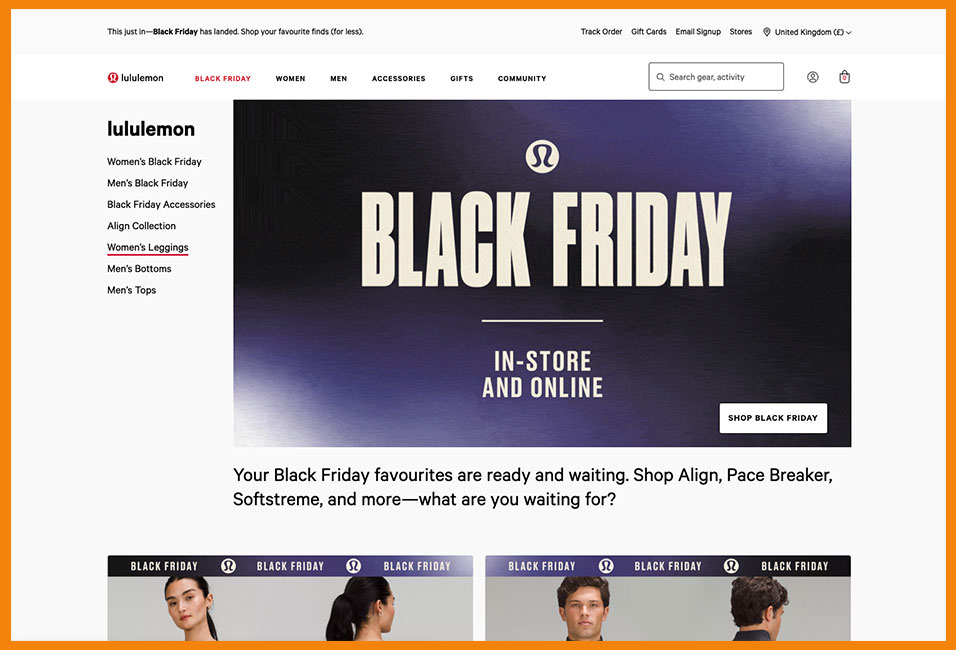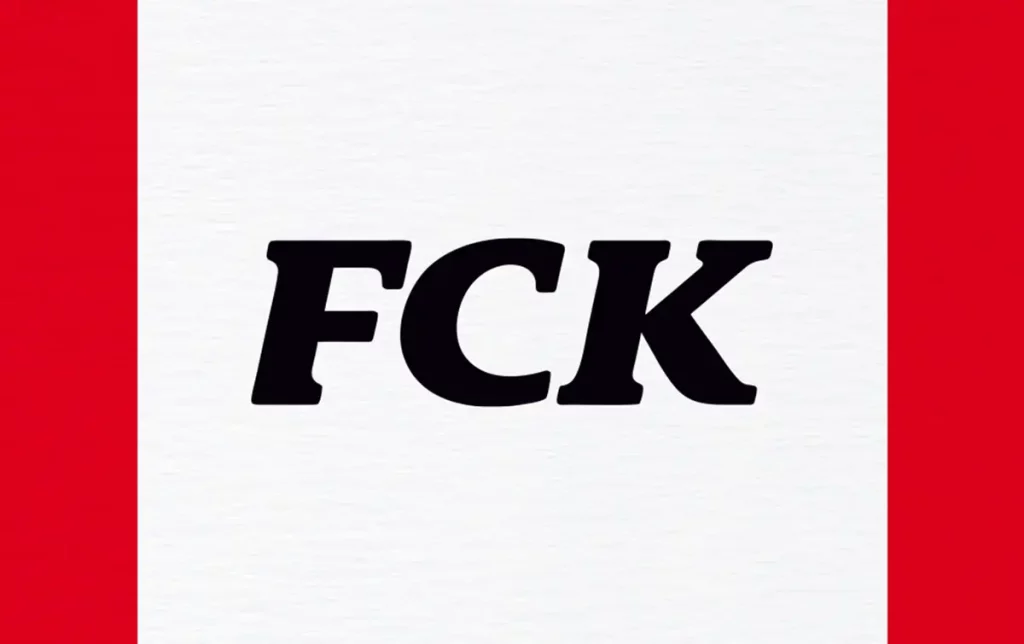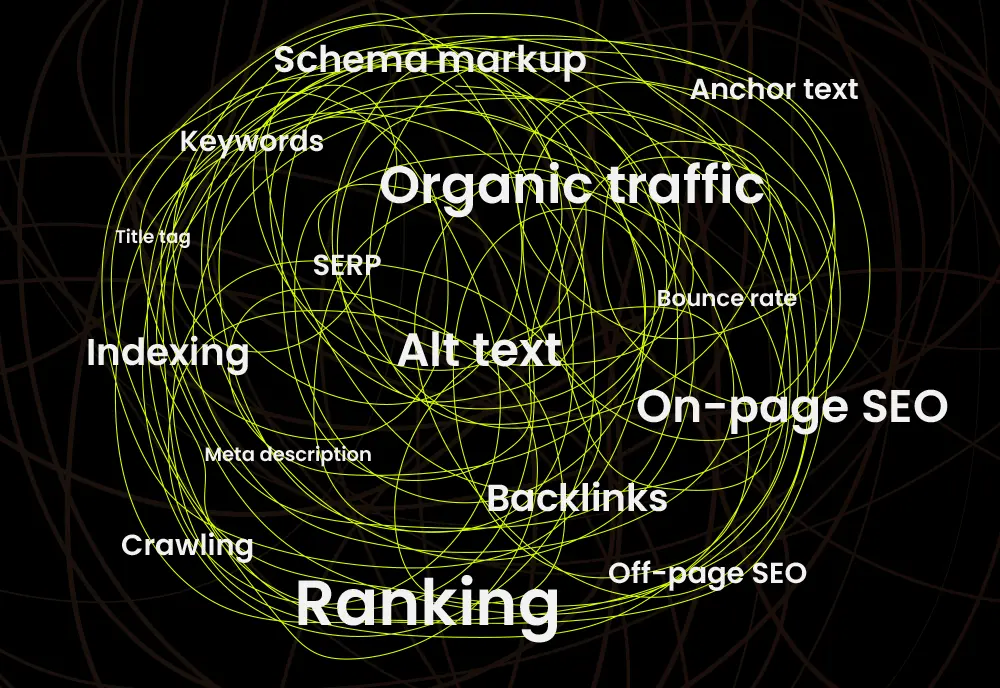For a lot of people, Black Friday marks the start of the festive shopping period – unless you’re one of those super organised super-humans who sorted it all September, hats off to you.
As the years pass, however, people have become slightly more savvy about the whole period, with many realising that they’re being taken advantage of and better deals are to be had at other times of the year.
Join us as we take a look into whether Black Friday is all a marketing mirage, or if you can grab yourself a bargain.
Jump to section:
What is Black Friday?
Black Friday originates from The States and is always celebrated the Friday after Thanksgiving.
It is believed that the name comes from the concept that businesses operate at a financial loss, or are “in the red”, until the day after Thanksgiving – then comes the massive sales, finally allowing them to turn a profit, putting them “in the black”.
But beneath the allure of slashed prices and doorbuster sales, a lingering question emerges: Is Black Friday a genuine opportunity for consumers to snag bargains, or is it merely a masterfully crafted marketing ploy?
The Illusion of Massive Savings
Black Friday’s reputation hinges on the promise of massive savings and unparalleled discounts. However, sceptics argue that some retailers employ strategic pricing tactics, inflating original prices to make discounts appear more substantial. This practice, known as “price anchoring,” can create the illusion of significant savings while maintaining profit margins for businesses.
Websites like camelcamelcamel.com allow you to monitor and track prices on Amazon, to see if you are grabbing yourself a genuine bargain.
Strategic Marketing to Drive Sales
There’s no denying that Black Friday is a strategic marketing event. Retailers invest heavily in advertising, creating a sense of urgency and excitement around the day. Limited-time offers, exclusive deals, and carefully crafted promotions contribute to the overall spectacle, enticing consumers to participate in the shopping extravaganza.

Consumer Psychology at Play
Black Friday taps into consumer psychology, leveraging the fear of missing out (FOMO) and the thrill of scoring a great deal. The time-limited nature of the sales, coupled with the buzz generated by marketing campaigns, creates a sense of urgency that prompts consumers to make impulsive purchasing decisions.
Retailer Tactics
Some critics argue that Black Friday serves as a tool for retailers to offload excess inventory or less desirable products. By bundling them with popular items or offering them at seemingly irresistible prices, retailers can strategically manage their inventory while still enticing consumers with the allure of a bargain.
The Evolution of Cyber Monday
In recent years, the rise of online shopping has given birth to Cyber Monday, extending the Black Friday shopping spree into the digital realm. The transition to online sales allows retailers to reach a broader audience and prolong the holiday shopping season, blurring the lines between genuine deals and marketing strategies.
Black Friday is no longer a one-day event. Brands like Amazon have been doing a “Black Friday Week” for several years now. We’ve even seen Black Friday deals start as early as the start of November!

Conclusion
While Black Friday undeniably presents opportunities for consumers to access discounted products, the blurred lines between genuine bargains and marketing strategies cannot be ignored.
The key for consumers is to approach Black Friday with an air of caution, critically evaluating discounts, researching prices, and distinguishing between real savings and marketing mirages.








